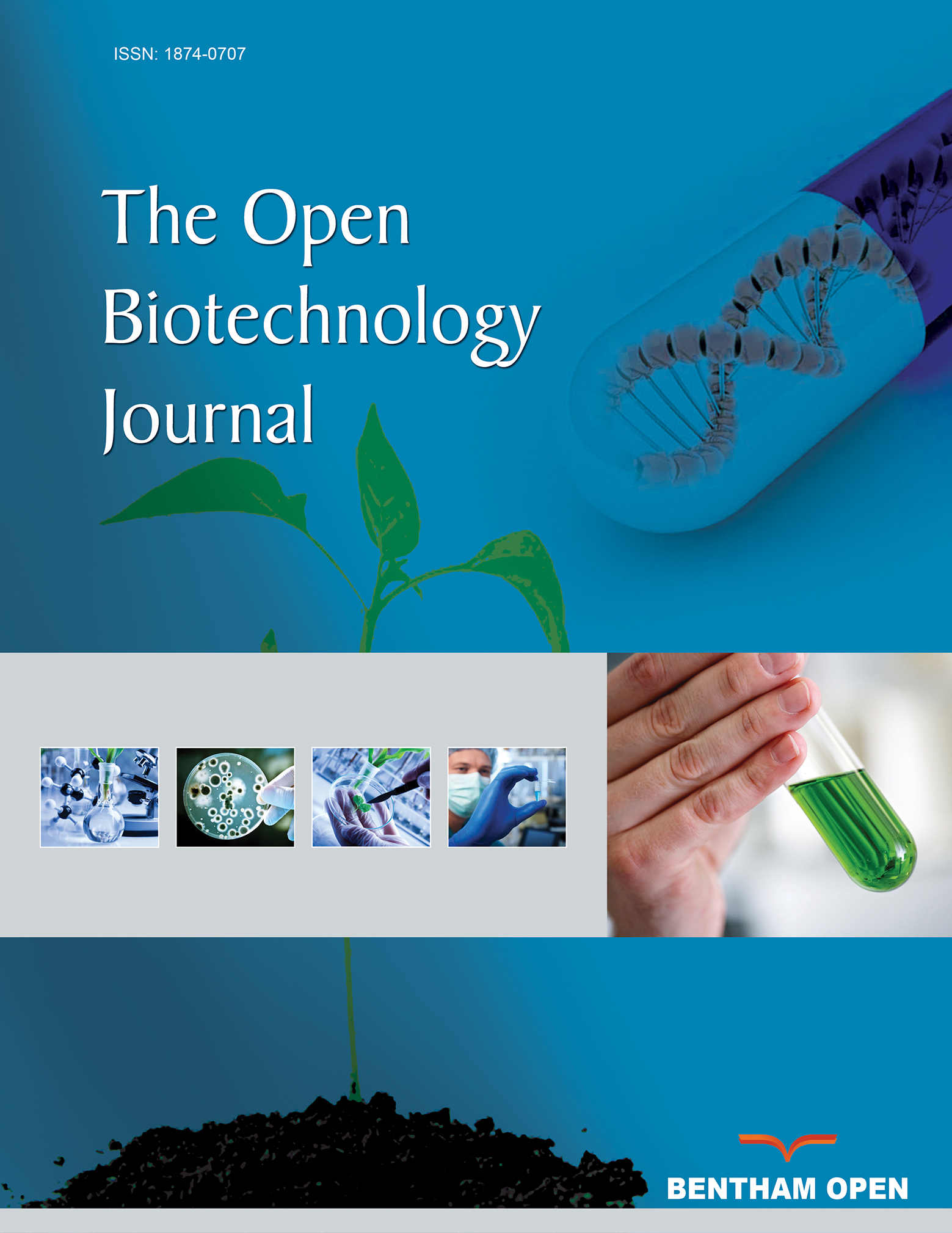All published articles of this journal are available on ScienceDirect.
A Proficient Approach to the Production of Therapeutic Glucagon-Like Peptide-1 (GLP-1) in Transgenic Plants
Abstract
Glucagon-like peptide-1 (GLP-1) is a small peptide hormone with potent insulinotropic activity and represents a promising new therapeutic tool for the treatment of diabetes. Like many other therapeutic peptides, GLP-1 is commonly produced using chemical synthesis methods, but is limited by product quantity and cost. The advent of recombinant DNA technology offers the possibility of producing GLP-1 inexpensively and in vast quantities. In this study, transgenic plants were used as a recombinant expression platform for the production of GLP-1 as a large multimeric protein. A synthetic gene encoding ten sequential tandem repeats of GLP-1 sequence (GLP-1x10) was produced and introduced into tobacco plants. Transcriptional expression of the GLP1x10 gene in transgenic plants was confirmed by RT-PCR. Western blot analysis showed that the GLP-1x10 protein efficiently accumulated in transgenic plants, with an accumulation level as high as 0.15% of total soluble protein in leaves. Importantly, insulin secretion assays using a mouse pancreatic β cell line (MIN6), showed that plant-derived GLP-1 in its synthetic decamer form, retained its ability to stimulate cellular insulin secretion, although with reduced efficacy. These results demonstrate that transgenic plants are an efficient system for the production of a multimerized recombinant GLP-1. Moreover, transgenic plants synthesizing high levels of GLP-1x10 may prove to be an attractive delivery system for direct oral administration of a novel stable GLP-1 analog in the treatment of patients with Type 2 diabetes.


